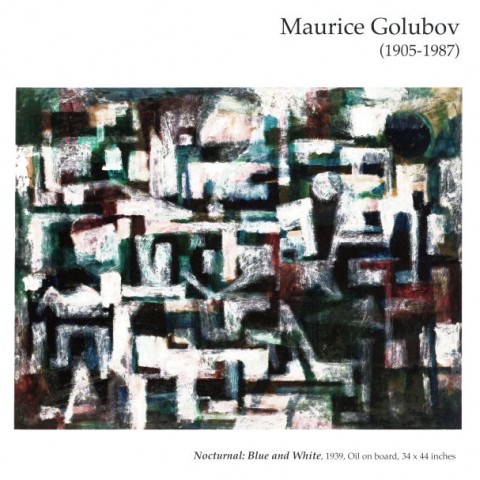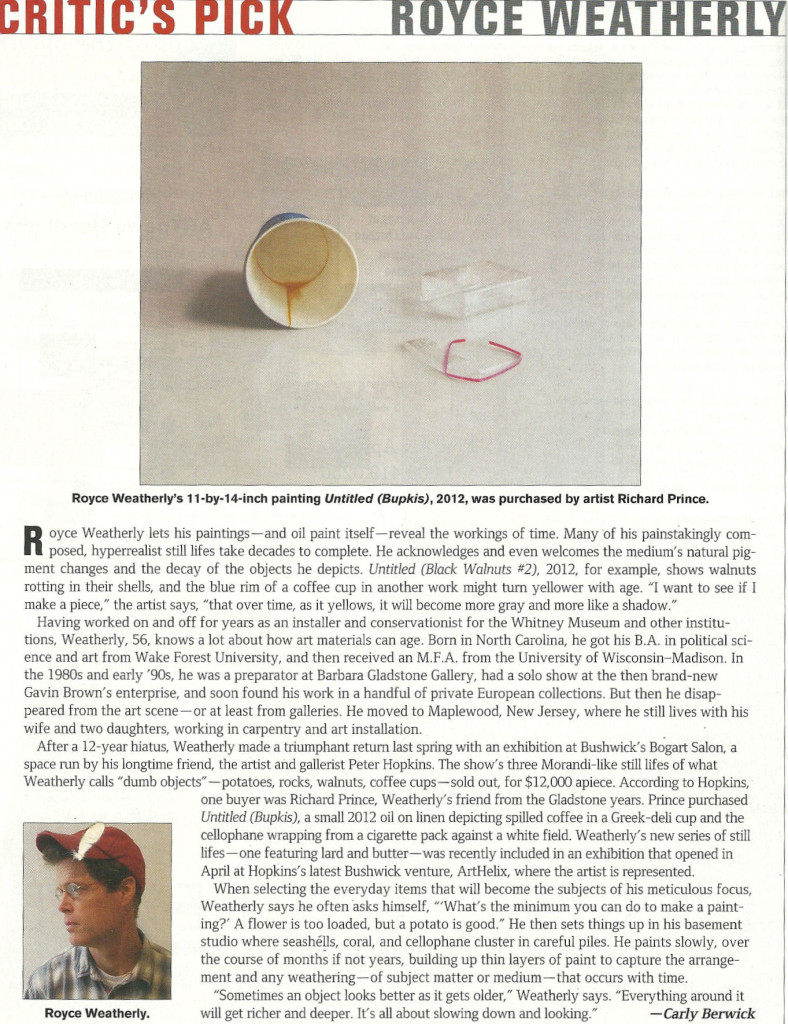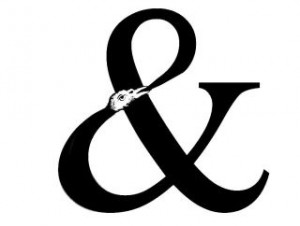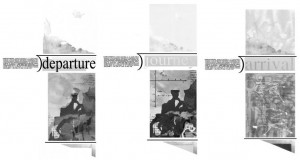Me Versus B. H. Fairchild and Others He quotes
Language can be a way of rescuing the hidden life, and that way is poetry. You can’t rescue any hidden life, whatever that is, with prose? Or some other art? Or science? Why wouldn’t using language to drown certain aspects of unhidden life be equally or more valuable?
Glenn Gould: “The purpose of art is the gradual, lifelong construction of a state of wonder and serenity.” And wonder is everything to a poet. It sure isn’t everything to me. It and serenity are only two of many pleasures it is the function of art to provide. Its manner of providing them is what sets it apart from verosophy and other endeavors which can, and try, to lead to wonder and serenity, and other pleasures.
Mandelstam: “We will remember in Lethe’s cold waters / That earth for us has been worth a thousand heavens.” Nice thought–but unattainable heavens to dream toward are a high good, too.
Seven propositions:
1. By way of Wittgenstein and Heidegger: A poem is a verbal construction which, through an array of rhetorical and prosodic devices of embodiment, achieves an order of being, an ontological status, radically different from that of other forms of discourse (with the exception of certain kinds of descriptive and fictional prose). I agree: a poem is a verbal construction different from almost all other verbal constructions.
2. Poetry occurs at a considerable distance from the ego. As does almost anything else I can think of, when it isn’t nothing but ego.
3. There exists an infinity of nonverbal meaning. Which the infinity of possible verbal meaning can express.
4. Science is progressive, but Art is not. It doesn’t get better; it just gets different. (The relevance and utility of all poetic forms.) See Mandestam. All the arts, like all the sciences, have become vastly superior to what they were hundreds or thousands of years ago, but anti-progressives mistake the sentimentality that becomes more and more attached to the old because of their age for aesthetic rather than nostalgiacal value. Compare the clumsy “novel” in the Bible about David with almost any competent commercial novel of today, for instance. Consider how much more of existence the best art of today is about compared with earlier art. For just one thing, today’s art has a vastly larger tradition to make allusions to than previous art had. There have been artists in the past as great as our best, but what our best have produced is significantly better than what they did in part because of the what the artists of the past did. (Note, this is a subject requiring a book.)
5. Rules are made to be broken; techniques are made to be used. (They were never rules anyway; they were techniques. The freedom of the artist, like that of the lathe machinist, is the freedom to choose those techniques, those tools, that he deems necessary for the task at hand. The refusal to use technique–and, obviously, to learn it–is the refusal to be an artist, or at least a free one.) I more or less agree with all this, but I wonder how one can avoid using some technique.
6. Form is an extension of subject matter rather than of ideology or religious belief. Every work of art requires a container; I call that container form; one calling it “an extension of subject matter,” if I understand him, needs to tell me what, then, is containing it and the subject matter it is an extension of. I don’t know what ideology and religious belief have to do with it; how would they be not subject matter?
7. Meter is not the reins to keep the horse of the poem in check; it’s the heartbeat of the horse. Drop the reins. (Clearly this is an argument for meter rather than against it.) It is almost impossible to convince poets who never bothered to learn prosody that meter is something that emerges from within the language rather than something that is imposed externally upon the language. Even conversational English is very loosely iambic. I think meter is both natural and imposed–necessarily imposed to add predictability to balance the difficult-to-accept unpredictability of horses going beyond prose that poetry at its best is.
A poet is always limited by the fact that he has to write for other human beings. Just to be argumentative, I would say that a poet’s having to write for others (and he needn’t) greatly increases his field of play. (Note that our Wilshberian’s poet writes rather than composes. It never occurs to any Wilshberian that a poem might be more than words.)
.




numwords
Good one, mIEKAL.